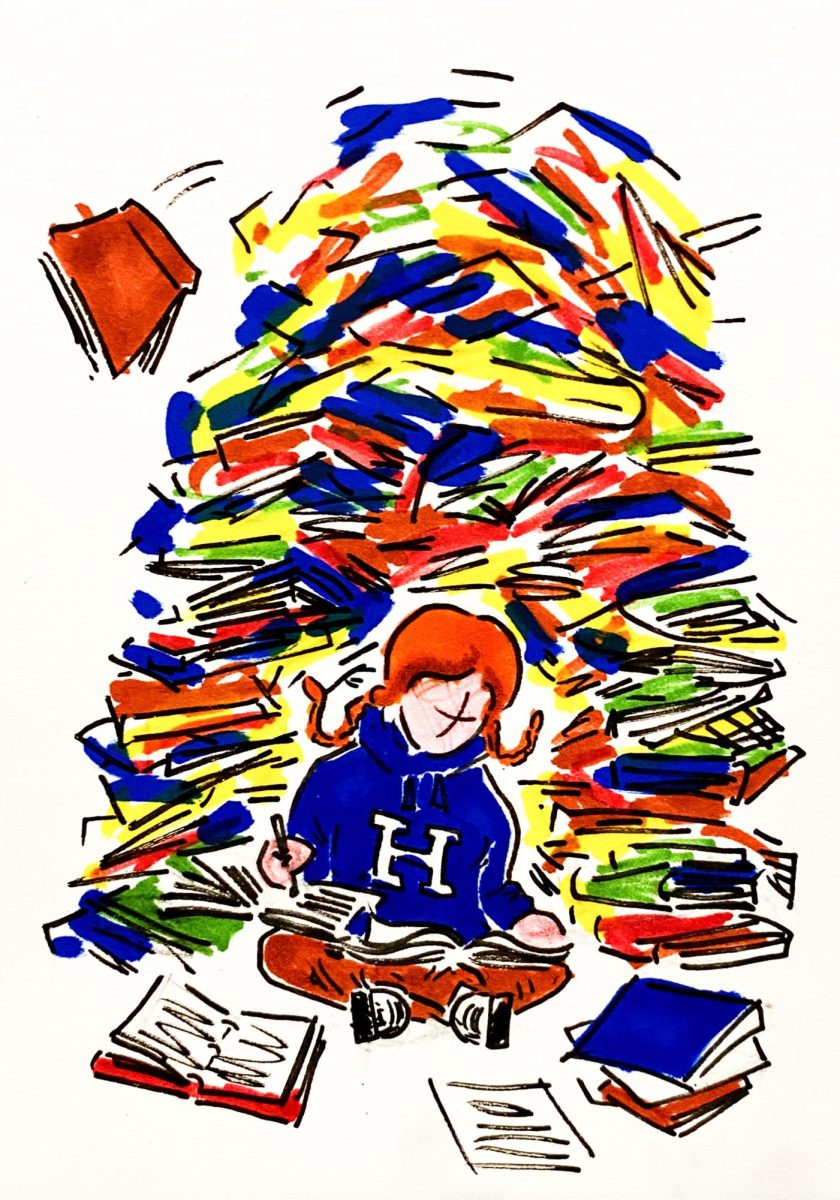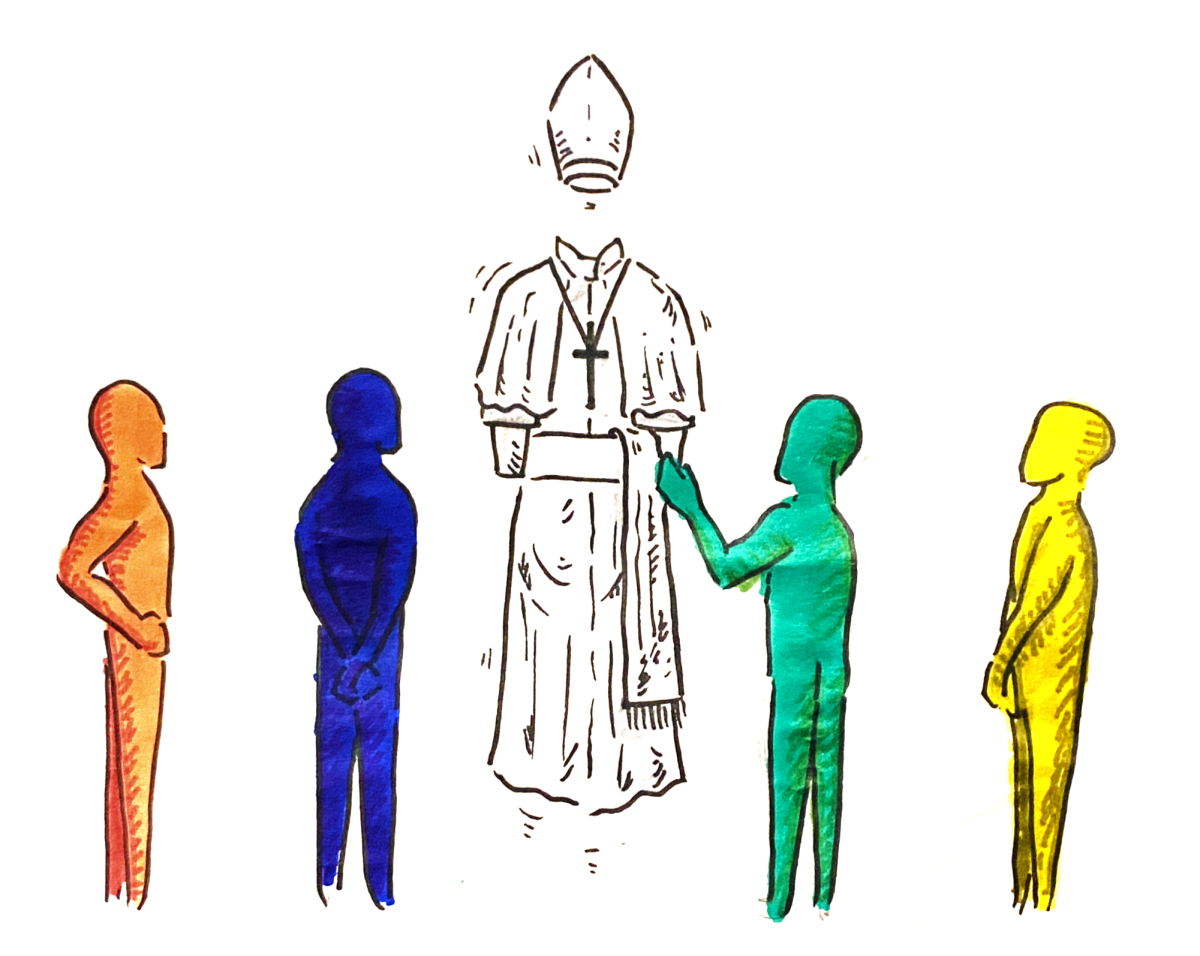From birth, humans have an instinct to latch onto caregivers for survival and close connection. The brain of an infant needs these connections to develop. As the brain develops, babies’ interactions with their caregivers and the outside world are form the basis of implicit memories. There is a common misconception that children don’t start storing memories until they are 2-3 years old, however, there is an important distinction to make here.
Implicit memory does not require conscious recollection of events or information, so this memory begins to form as early as 9 months. Although it is correct that humans don’t start to form explicit memories until they are approximately 2.5-3 years old, the way that a baby is treated during their early months of life has a staggering impact on their general self-confidence, conversational skills, and sense of belonging as they age.
Neuroscientists go so far as to say the majority of memories in the brain are implicit until a child reaches 7 years of age. This means that the quality of care and attention that a parent/caregiver gives their baby will strongly influence how the child behaves with their caregivers later on in life and how they respond to discipline.
When children’s caregivers are not sensitive to the malleability of their brains, caregivers can cause serious damage. One way they can do this is by using shame as a means of discipline.
Importantly, shame is not inherently toxic. Shame is frequently useful in helping a child develop healthy habits recognizing and responding to danger. Dr. John Bradshaw, in his book Healing The Shame That Binds You, explains that “Healthy shame is the psychological foundation of humility.”
For example, when a child is about to run into the street, an adult is not going to have the time to gently remind them of the danger. The adult will shout, “Stop! No!” The child will experience shame in this situation, freeze, and maybe cry, but once the caregiver consoles them and makes them feel safe again, they will understand that they made a poor choice. However, if the adult continues to berate the child for their actions, they won’t understand that they did something bad; rather, they will come to believe that they are bad.
This is why toxically shamed people often exhibit the characteristics of low self-esteem, anxiety, irrational guilt, perfectionism, and addiction as they age. Thus, according to Dr. Bradshaw, “Neurotic shame is the root and fuel of all compulsive/addictive behaviors.”
High school students who have experienced toxic shame in their early childhood are likely to continue to experience it, as they often have behavioral problems due to the effects of that shame.
This means it is of the utmost importance that middle and high schools change the way that they handle discipline. Discipline in schools has changed drastically over the years. The abolition of corporal punishment in the early 1980s, for example, ended the slapping of wrists and other physical violence towards misbehaved students.
As a country, we have come a long way since then. However, as a society, certain philosophies have been ingrained into our ways of life that will take more work to move away from: for example, the common phrase, “children should be seen and not heard.” This is extremely problematic, because it forces kids and teens to suppress their needs and feel wrong for voicing opinions. All of this results in children feeling shame for just being children. As long as the older generation maintains power over the younger, they must unlearn certain ways of acting and thinking that abuse that power.
Thankfully, the brain is plastic, and undergoes other major developmental phases during the teenage years. This means that in middle and high school, adults have the ability to help children who have fallen victim to the emotional abuse of toxic shame in their younger years renew their self-confidence and change their implicit memory.
It is much more productive to encourage self-discipline in teenagers in the process of disciplining misbehavior. This requires reform on how poor behavior itself is viewed. Often, adults assume that when teenagers act out, they have some kind of malicious intent.
While every case is unique, the prefrontal cortex of teenagers is still developing. Teenagehood is difficult — we are treated as children, but expected to act like adults. The prefrontal cortex is the part of the brain that mainly handles logic and reasoning. Thus, the cause of a lot of misbehavior in teens is just a lack of logic and reasoning skills. In other words, we aren’t thinking stuff through enough. This can not be fully blamed on us. We are not bad (of course there are exceptions, but to let the exceptions overshadow the rule will just keep the cycle of toxic shame going).
The word “discipline comes from the Latin word, discipulus,” the same word the term “disciple” comes from. This connection is highlighted in the way Jesus “showed his disciples the way.” He gave them experience, he gave them love, and the ones that became true holy spirits moved from self-centeredness to other-centeredness.
Compassion and love are the only way to encourage growth and maturity. Jesus’ disciples are shown the path to enlightenment by a person of immense power, but of such humility. This is evidence of the immense transitory power of simply giving respect and love to one’s disciples, students, or apprentices, and letting them undergo the heart of change when they are ready.






